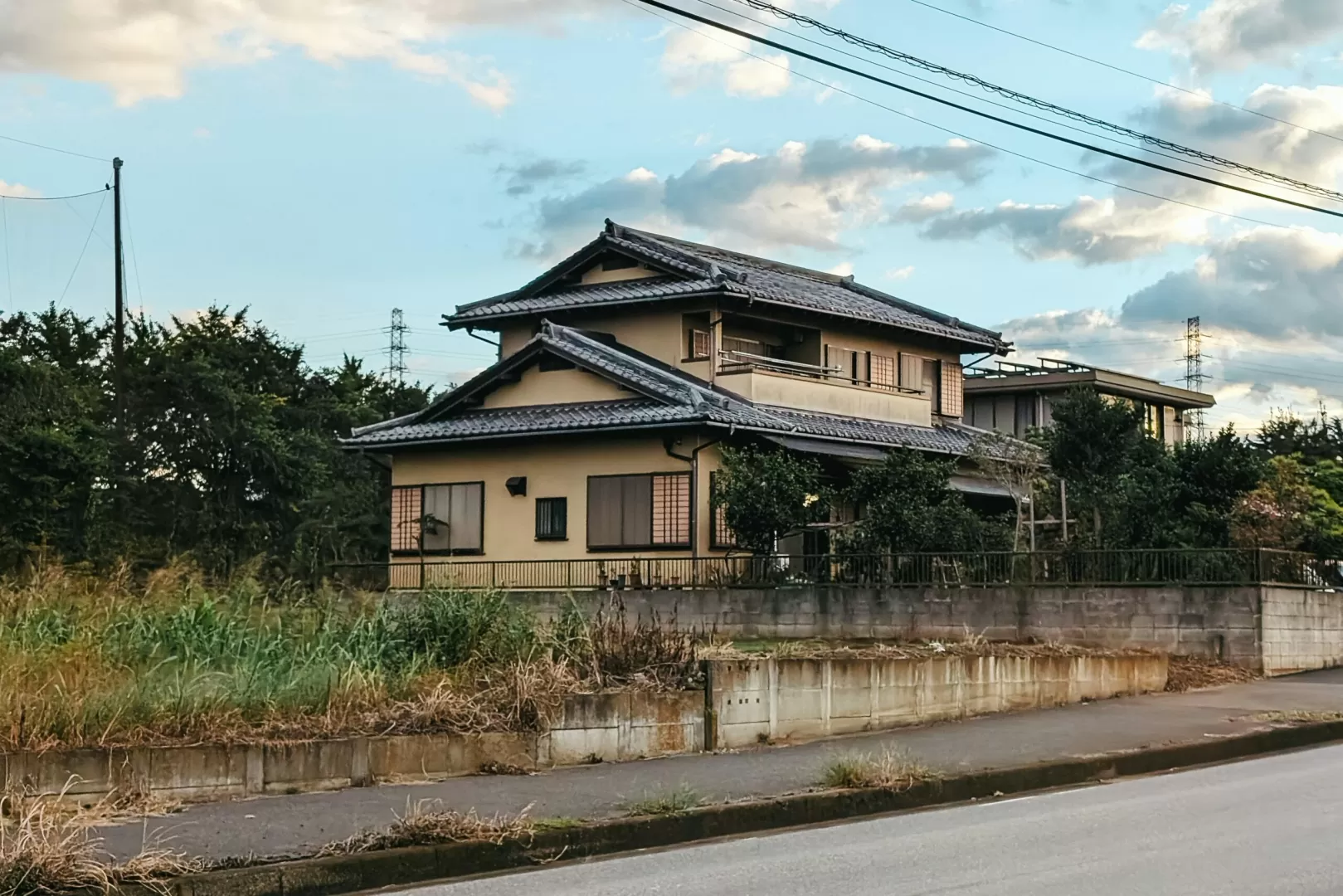Introduction
Over the past two decades, Japan has faced a serious crisis: the explosive increase of vacant homes. Today, there are more than 8.5 million vacant properties across the country. Many of these houses are deteriorating, posing safety, social, and economic risks to local communities.
Main Causes of the Vacant Housing Problem
- Population Decline and Aging: Younger generations continue to move to urban areas, while elderly residents in rural regions often pass away, leaving houses abandoned. In many cases, inherited homes are left unused and neglected.
- Inheritance and Legal Barriers: Complicated inheritance procedures and unregistered properties often make it difficult to sell or demolish homes, resulting in long-term abandonment and decay.
- Urban Planning and Economic Constraints: Many municipalities lack sufficient resources to monitor or manage vacant homes. In rural areas, the economic appeal of repurposing such properties is often judged to be low.
Social and Physical Risks
- Fire and Earthquake Hazards: Aging wooden structures and outdated wiring significantly increase the risk of fires. In Japan’s earthquake-prone regions, the danger of collapse also looms large.
- Crime and Social Isolation: Vacant homes invite trespassing and illegal activities. In communities with a high proportion of elderly residents, this exacerbates issues of isolation and insecurity.
- Decline in Real Estate Value: A concentration of abandoned houses in an area directly lowers the market value of surrounding properties.
Government and Municipal Initiatives
In 2015, the Japanese government enacted the Act on Special Measures Concerning Vacant Houses, granting municipalities authority to investigate and order demolition of dangerous properties. However, the enforcement and effectiveness of these measures vary significantly across regions.
Some municipalities have introduced “Akiya Banks”—databases that connect buyers or renovators with vacant properties. Yet, renovation costs often remain a heavy burden, limiting their success.
Future Opportunities
While vacant homes pose a crisis, they also open doors to new opportunities, such as:
- Attracting foreign investors to regional real estate markets
- Renovating properties into Airbnb accommodations or boutique hotels
- Launching demolition and redevelopment auctions (similar to your platform model)
- Repurposing homes as bases for rural relocation or remote work hubs
Conclusion
The vacant housing problem represents one of Japan’s most pressing social and economic challenges. However, with strong collaboration between the public and private sectors, solutions are within reach. Through smart auction systems, improved legal frameworks, and strategies linking cities with rural areas, these abandoned homes can be transformed into valuable assets.
Even neglected properties have the potential to become “living spaces” once again—if utilized properly.

